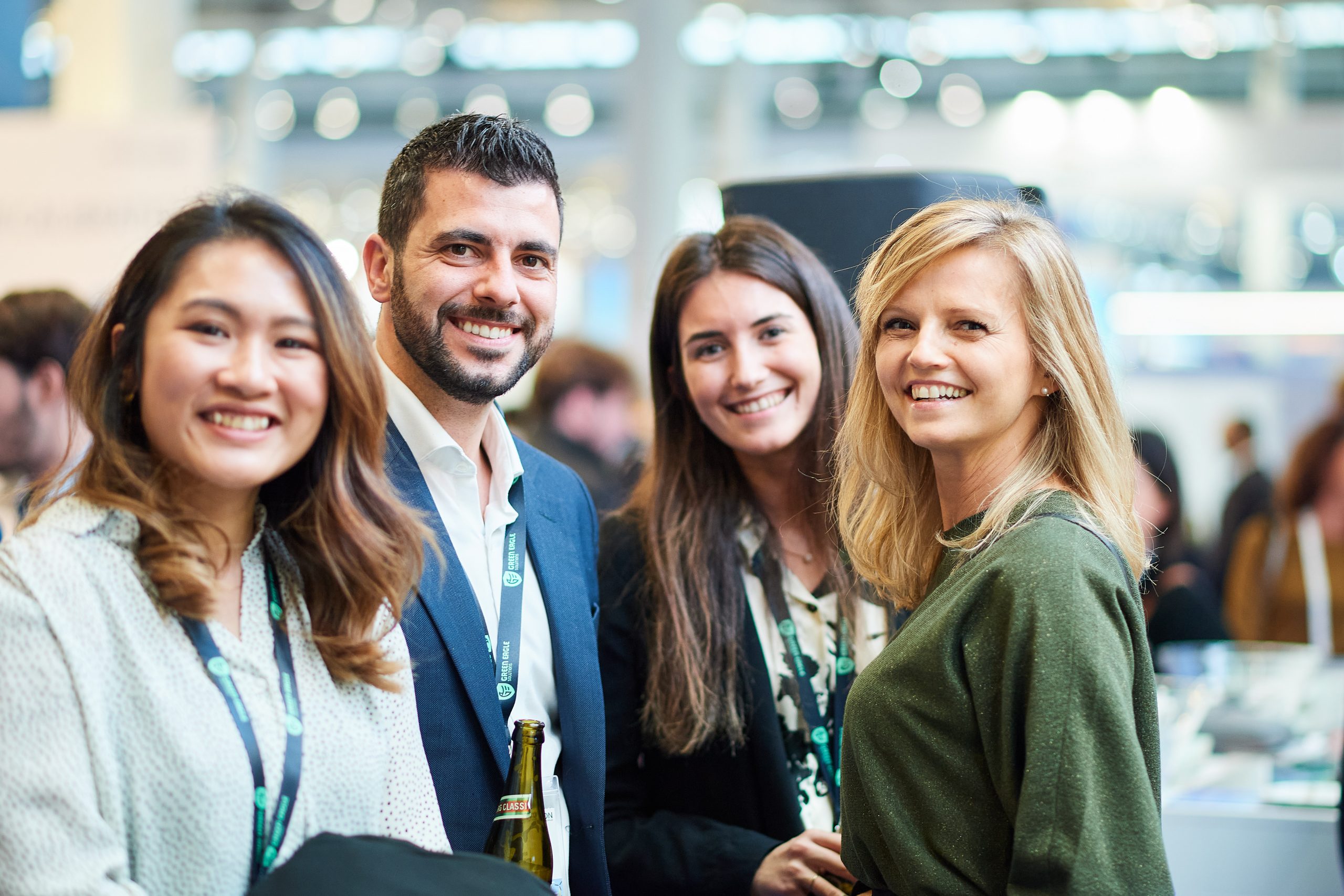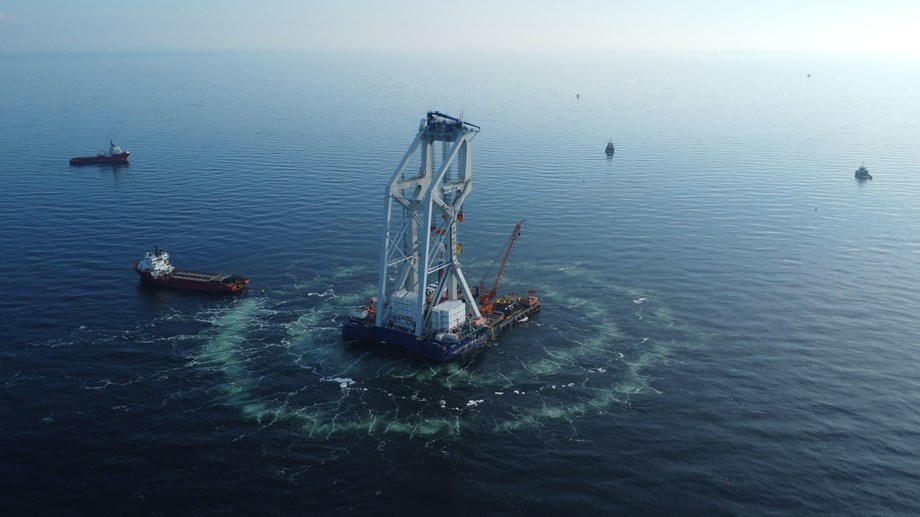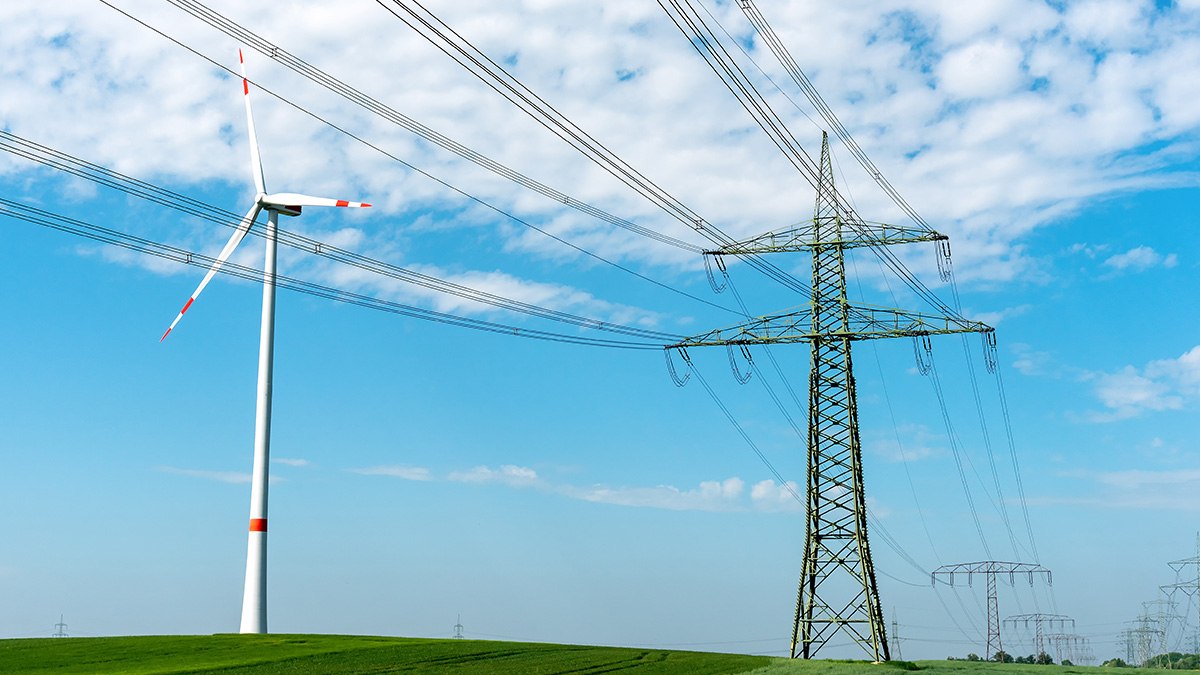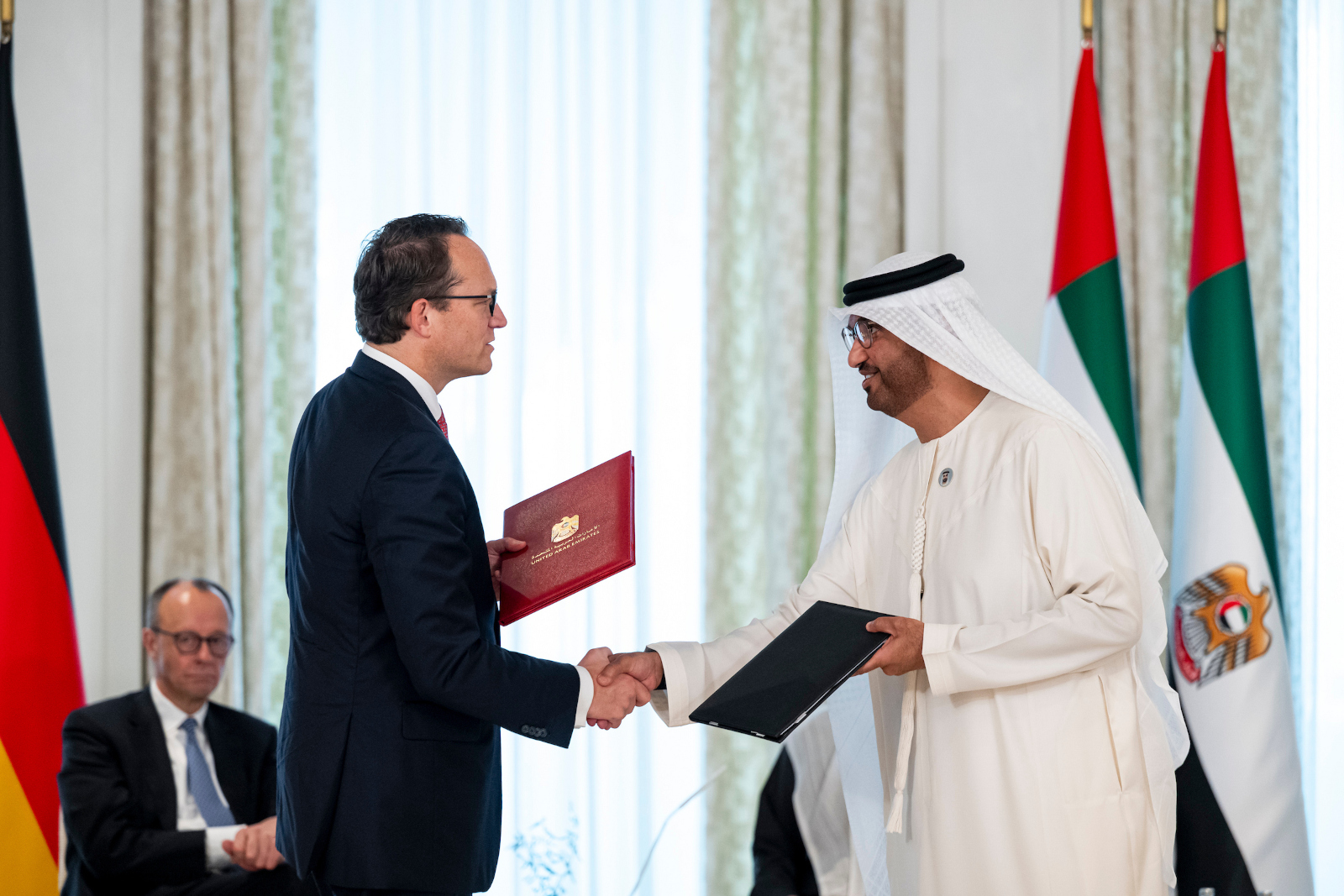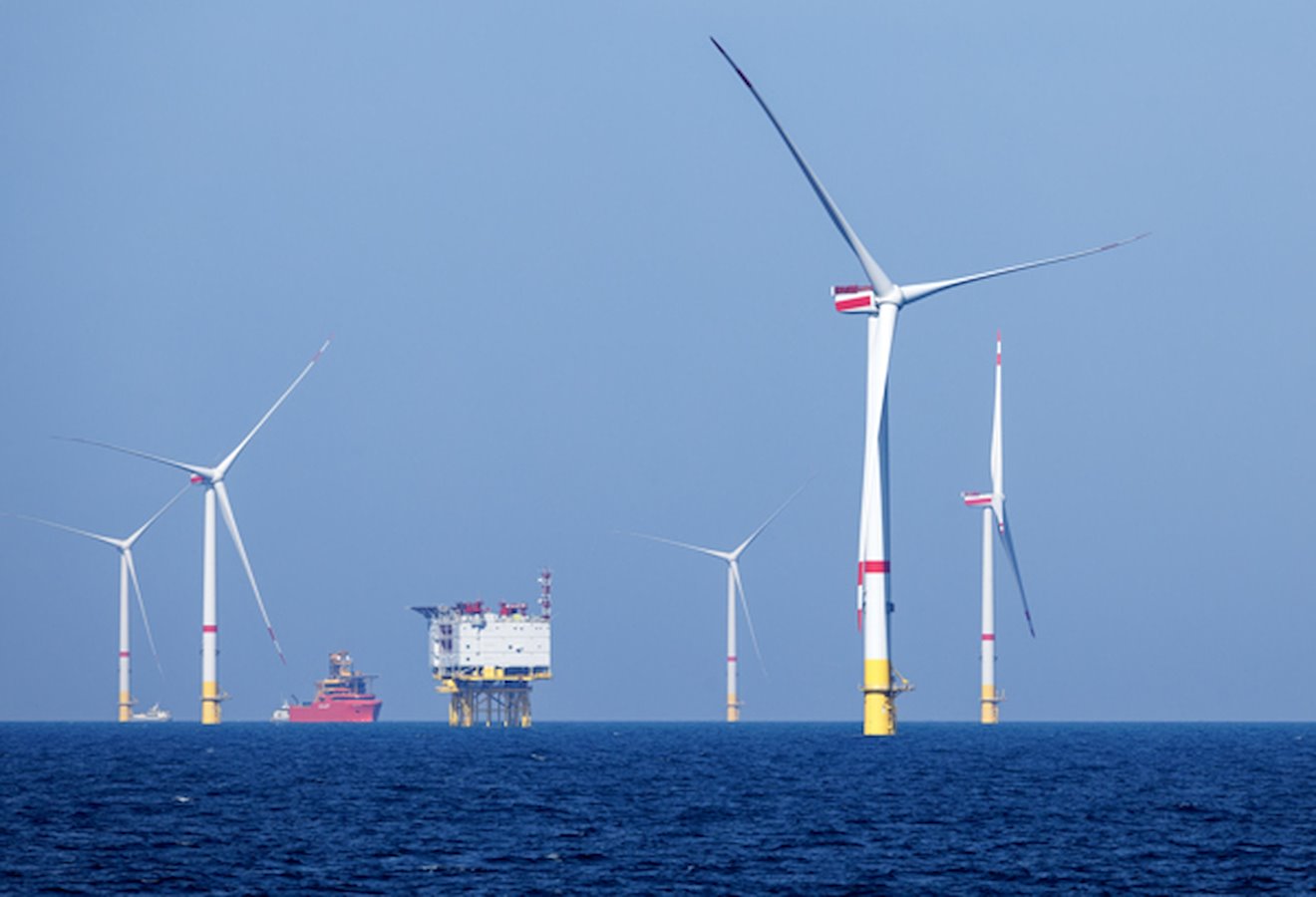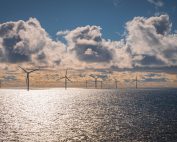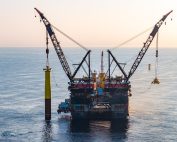Wind energy will be one of the pillars of decarbonisation of the European economy. The sector is already facing many challenges and the road to climate neutrality based on wind and other energy sources may be bumpy. Participants of the Electric City 2021 conference leaned into problems such as the development of grid infrastructure, a lack of skilled labour and an inefficient permitting process. In Copenhagen, we talked with Małgosia Bartosik, deputy CEO of the wind energy association WindEurope.
The Baltic Sea will play a key role in the development of offshore wind energy in Europe. The European Commission estimates that the potential of this sea is over 90 GW. Above all, the Baltic Sea offers the countries of the region an opportunity for an effective energy transition. The European strategy for the development of offshore wind, presented in 2020, aims to increase the capacity of offshore wind farms to at least 60 GW by 2030 and to 300 GW by 2050.
The wind industry – offshore and onshore – faces challenges of efficient infrastructure development. WindEurope is organising one of the energy sector’s most important events in Copenhagen, Electric City 2021.
“It is really great to see so many companies and people here. It shows that the industry is very synchronized. Many decision-makers spoke from the stage about high targets, about how important wind energy can be. I find it very encouraging to see that it is not a Danish issue, it is not a European issue, it is a global issue”, Bartosik commented.
She added that the global role of offshore and onshore wind energy is highly appreciated by decision-makers, the industry and the public.
“It seems that with all the high targets, ambitions and climate discussions we hear about every day, there is a great, wide highway opening up for the wind industry. It is not a great highway. It is a very bumpy road. There are many challenges that we still need to overcome,” she noted.
The biggest challenge is permitting, which is a sore point in the onshore and offshore energy sector.
“The biggest challenge is permitting. If we don’t start out with permitting we are going nowhere. We can have high targets, but we’re not going to deliver. Both for onshore and offshore. The other big challenge is sustainability. We have to deliver wind projects in the most sustainable way. It is about recycling, it is about responsibility for the communities, the society. We have to deliver on that. And then the last would be skills. What about the people working in the offshore, onshore wind? We are not going to deliver the high targets that we have with the current workforce”, explained Bartosik.
She added that she was very happy to be in Copenhagen for Electric City, seeing 8,000 people, especially in these very difficult circumstances related to COVID-19. She stressed that Europe needs to find solutions to the challenges we face because it has a great vision and wind will help make it happen.
Read BalticWind.EU Special Report WindEurope ElectricCity 2021
